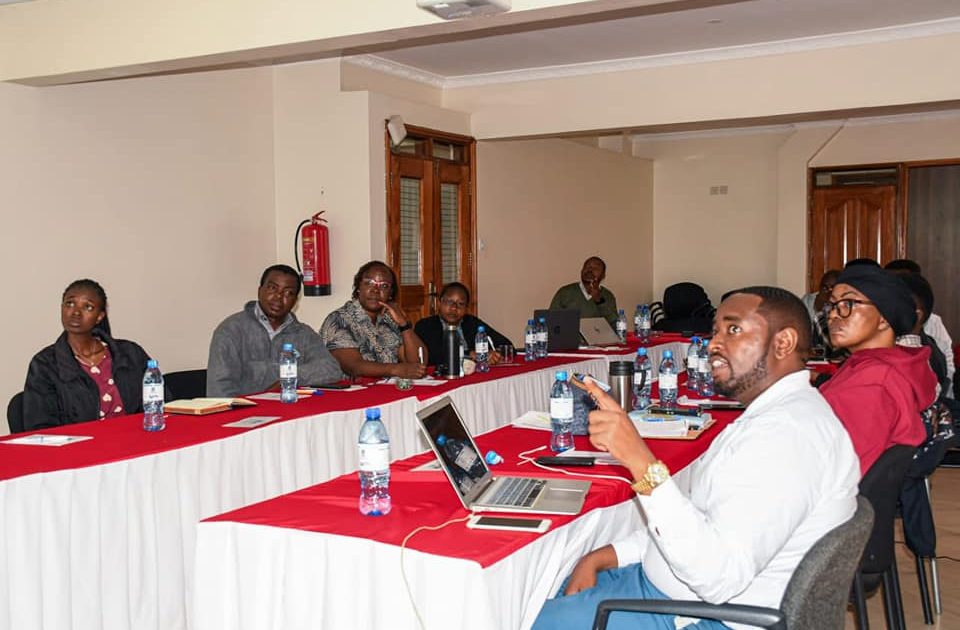The County Government of Nakuru is working on a five-year strategic plan to make the devolved unit’s urban areas more resilient, functional and efficient.
The City Strategic Plan 2023-2027 (CSP) is expected to provide a roadmap for building towns that are not only environmentally sustainable but also equitable and inclusive.
City Manager, Gitau Thabanja, said the Strategic Plan was being crafted into a robust framework that will guide a people-centered development model in the face of trends impacting on them such as population growth, demographic shifts and increasing risk of disasters induced by climate change.
“The Strategic Plan will address current challenges and anticipate future ones. Sustainable development cannot be achieved without proper urban planning. We need to significantly change the way we build and manage open spaces,” stated Mr Thabanja.
He said the five-year plan is further being designed to harness opportunities for sustainable urban development while focusing on crucial aspects, infrastructure development, economic revitalization, social improvement, environmental sustainability and improved governance.
While indicating that Governor Susan Kihika’s administration was working on reforms to reinvigorate the region’s urban development as well as develop financing models that can attract local investors to fund urban infrastructure projects, the City Manager highlighted the need for innovative strategies and robust implementation mechanisms to translate the plan’s objectives into tangible outcomes.
He said the devolved unit’s administration was also creating and enforcing policies that promote sustainable urban development and provide incentives for green initiatives.
The official explained that the goal of the Strategic Plan was to ensure that Nakuru had ‘smart’ sustainable urban centers that have adequate services such as water, electricity, a functional transport system and proper waste management.
Thabanja disclosed that the county would continue embracing private sector investments where city finance or jurisdictional flexibility is limited.
He observed that commercial investors have the required capital and investment mandates to contribute significantly to developing critical urban climate infrastructure.
“We are committed to being enablers and mobilizers of the private sector. We will continue identifying and sharing potential project opportunities and streamline regulatory and permit processes to enable smoother deployment of private capital into projects,” added the official.
While indicating that the policy document aims to create a vibrant and inclusive urban environment that enhances the quality of life and fosters economic prosperity, Thabanja noted that there was a need for structured connection between the National Environment and Management Authority (NEMA), National Construction Authority (NCA) and the county government approval processes.
He affirmed that Governor Kihika’s administration was creating a strong integration of spatial planning, social and economic development and environmental protection as provided for in the County Governments Act.
The policy document, Mr Thabanja explained, was also an institutional development strategy and aimed at institutionalizing a plan-led system of development. This means that all public investments and approvals of land development by the private sector must be aligned to urban development plans and policies.
The devolved unit, according to the official, had in place clear guidelines and regulations on public participation to facilitate people-centered planning.
“Structured involvement of neighbourhood or residents’ associations and other stakeholders gives a sense of ownership of the planning process and promotes planning as a tool in delivering public good and attaining equitable development,” he added.
By Esther Mwangi





